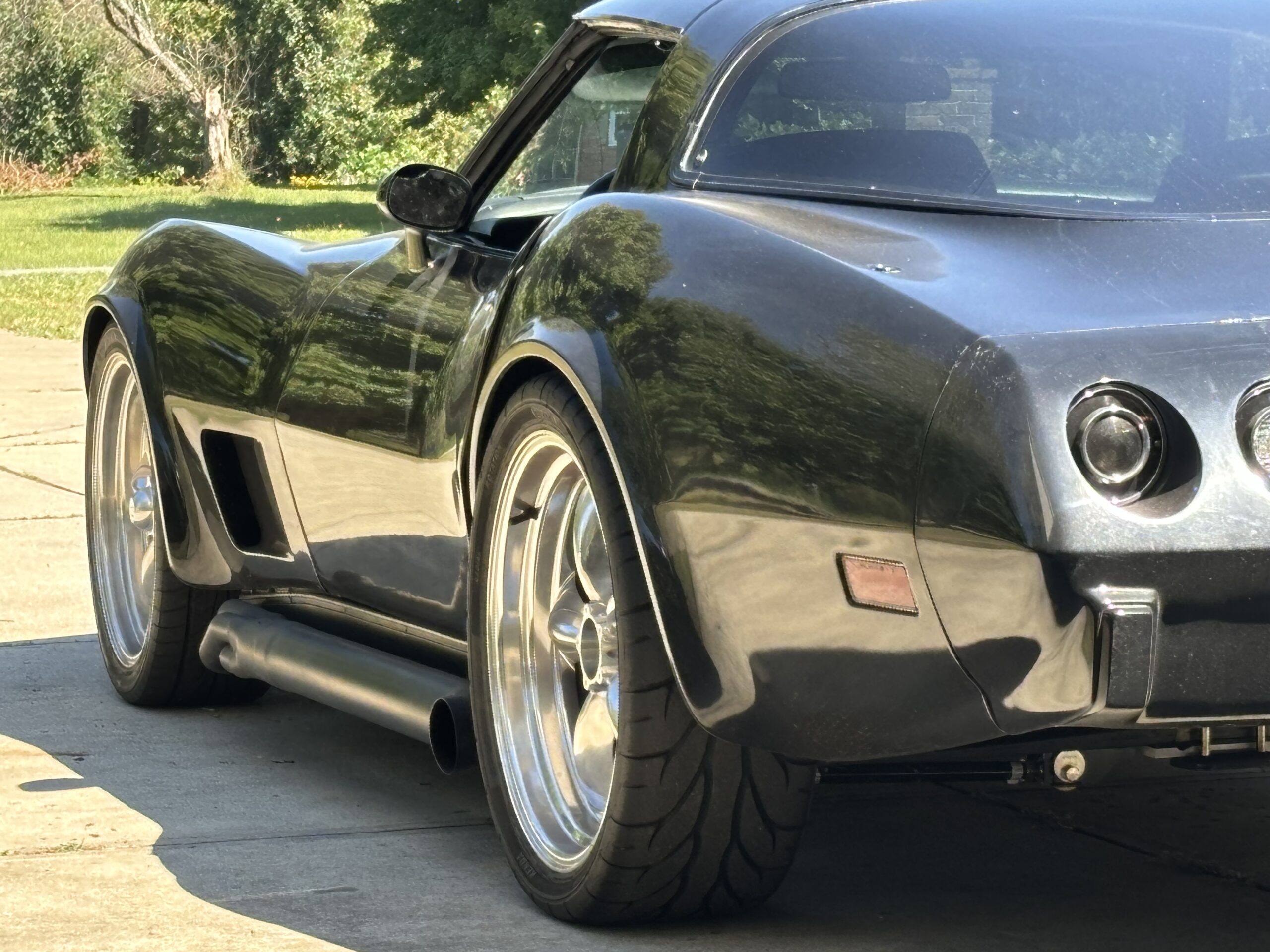Where the Rubber Meets the Road

Summer vs. Winter Tires: A Rubber Rumble for the Ages!
When it comes to tires, people often think, “Rubber is rubber, right?” Oh, how wrong they are! Choosing the wrong tires for the season is like wearing flip-flops in a snowstorm or Uggs to the beach—it’s not just embarrassing, it’s borderline dangerous. So, let’s settle the great debate: summer tires vs. winter tires. And if you’re wondering what to buy, we’ve got you covered.
Summer Tires: The Heat-Seeking Missiles of the Road
Summer tires are like the high-performance athletes of the tire world—designed for grip, precision, and speed when the sun is blazing. They’re made with a specialized rubber compound that stays firm in warm temperatures, ensuring excellent traction and handling.
Pros:
- Superior grip on dry and wet pavement
- Better cornering and braking performance
- Reduced rolling resistance (better fuel efficiency and speed!)
Cons:
- Turn into hockey pucks in cold weather (i.e., they lose flexibility and grip)
- Wear out faster in extreme heat
- Not ideal for mud, snow, or anything remotely wintery
Winter Tires: The Snow Gladiators
Winter tires don’t mess around. They are engineered for cold weather, with a softer rubber compound that remains flexible in freezing temperatures. Their deep treads and special patterns help bite into snow and ice, making winter driving significantly safer.
Pros:
- Exceptional grip on snow and ice
- Improved braking and acceleration in cold conditions
- Keeps you from reenacting a scene from an action movie where the car skids uncontrollably
Cons:
- Turn into marshmallows in warm weather (excessive wear and poor performance)
- More road noise and slightly reduced fuel efficiency
- Can’t handle high speeds like summer tires
All-Season Tires: The Jack-of-All-Trades, Master of None
If switching between summer and winter tires feels like too much effort, you might be tempted to go with all-season tires. These are like sneakers—decent for most conditions but not exceptional at anything.
Pros:
- Convenient (no swapping required!)
- Good balance of performance for mild climates
- Longer tread life than summer or winter tires
Cons:
- Not great in extreme heat or deep snow
- Mediocre performance compared to season-specific tires
- Basically the compromise choice (and sometimes compromises aren’t ideal)
What Should You Buy?
- If you live somewhere with harsh winters: Get dedicated winter tires and swap them out in the spring.
- If you live in a warm climate with little to no snow: Summer tires will make your driving experience far more enjoyable.
- If you live somewhere with mild, unpredictable weather: All-season tires might be your best bet, but don’t expect racecar performance.
Final Thoughts: Invest in the Right Rubber
Your tires are the only thing connecting your car to the road, so choose wisely. Want to feel like a Formula 1 driver in the summer? Go for summer tires. Need to channel your inner rally driver in the winter? Winter tires are a must. And if you’re just looking to get from point A to point B without much fuss, all-seasons might do the trick.
Either way, don’t cheap out—because the only thing worse than having the wrong tires is having bald tires. And no, “racing slicks” aren’t a valid excuse!
Tags: performance, tires, track